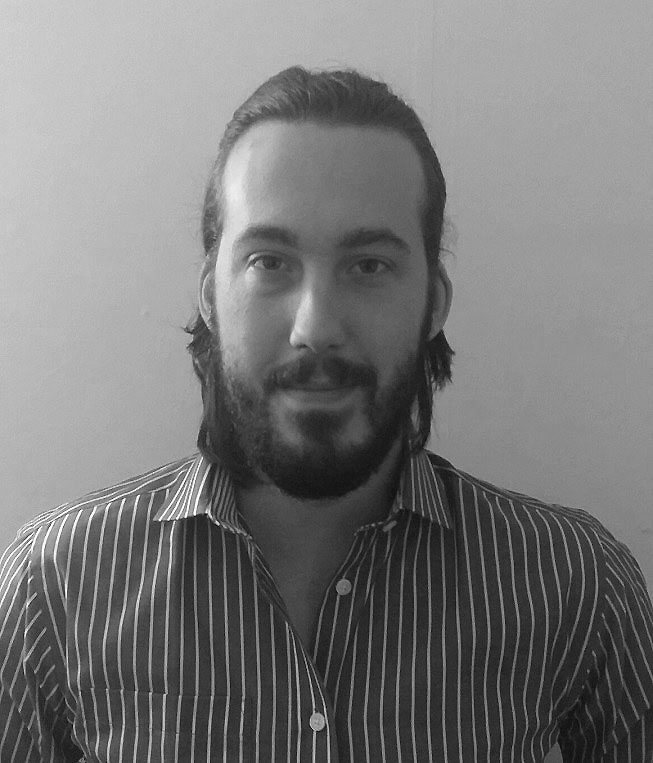James Cugley is a lecturer in applied engineering, whose research into reducing emission production in fossil fuel-driven industrial power plant boilers is contributing to the fight against climate change.
I have always been interested in how things work, the fundamental physics behind the systems we use every day. As a child my favourite toys were Lego, Knex, anything that allowed you to build and construct moving structures. But I found myself over time more and more drawn to electronics. I wanted to know how all the electronics in our everyday lives worked.
My research is in the study of instrumentation and embedded systems, meaning that I design instruments that take measurements of systems and processes, with a focus on non-intrusive techniques so that the process is not affected by the measurement or analysis itself.
Through my most recent research I have used imagery and spectrometry (the radiation intensity wavelengths) to achieve an online characteristic measurement of fossil fuel-driven industrial power plant boilers within an embedded system to predict and reduce emission production. Next I plan to turn this technology to other areas to help combat the ever increasing global warming threat.
As an academic within an exciting and newly developing school, I am currently focused on designing new ways in which to incorporate practical engineering into engaging lessons with the wider hope of inspiring the next generation of engineers.
Working in a research lab as engineer is very different, and small achievements over time equal large breakthroughs. A whole day might be spent just watching a camera take pictures or writing down voltage outputs from a sensor. But seeing your hypothesis come to conclusion or watching your algorithm take shape over time is incredibly rewarding.
It is no surprise to anyone that technology and engineering is evolving at an accelerated rate. However, I still cannot believe the incredible power of the combined efforts of applied scientists. It feels as though every single day there is a new product breakthrough, or a research lab that has produced something which redefines what we originally thought possible.
To me a career in engineering means being able to explore and construct new solutions to existing problems, from mechanical, to electrical, to chemical – I see engineering mostly as problem-solving through the use of applied sciences.
I think that any area of life or the world at large can be exciting from an engineering standpoint. Whatever you choose to spend your time investigating through the lens of an engineer becomes extremely exciting and interesting. The more engineers from wider disciplines I get the opportunity to meet, the more I get to see engineers diving deeply into every possible avenue.
A career in engineering should be pursued by anyone who has a desire to explore and understand the inner workings of mechanisms or systems. We engineers are given the chance to apply the laws of science to solve problems and hopefully leave our own mark on the ever-changing world we live in.
For more information.
If you would like to know more about the engineering courses or the School of Engineering, Technology and Design’s research activities, vist www.canterbury.ac.uk/engineering.
 Engineering, Technology and Design
Engineering, Technology and Design Gareth Ward
Gareth Ward 1874
1874


